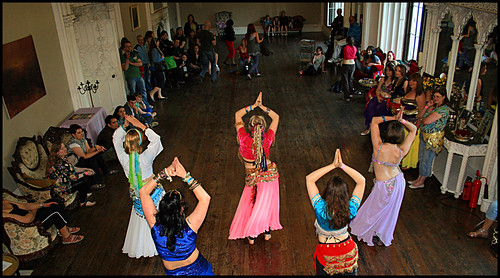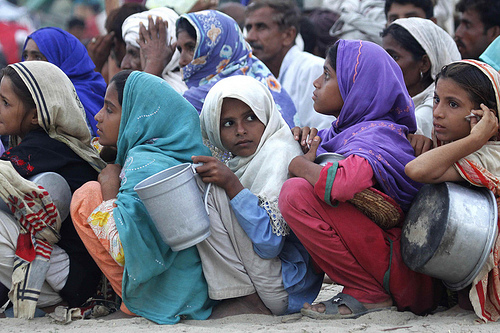Unconventional Program Aims to Bring Hip-Hop to Iraqi Youth
It has been 10 years since the US-led invasion of Iraq destroyed much of the country’s infrastructure and left resources scarce. Violence in the country has hardly ceased even since US forces withdrew in 2009—over 16,000 have been since 2010. Iraq’s educational infrastructure has been among the hardest hit—between 2003 and 2008, Iraq saw 31,598 attacks against educational institutions, and an estimated 259 academics assassinated, according to the ministry of education. Now a new US-sponsored program targets Iraqi youth left out of school and out of work. American Voices has begun a program in the country to bring professionals in to train Iraqis in hip-hop dance and performing arts via their YES (Youth Excellence On Stage) Academy.
 Hip-hop does not have much of a foothold in Iraq, but it does offer a way for Iraqi youth to become acquainted with American culture. A spokeswoman for the organization, Ashley Bright, said that the program serves a number of purposes. It is “a way to, on one hand, change the perception of the US and American culture in that country. And on the other hand, to create an inroad for a different type of diplomacy, a cultural diplomacy, a cultural diplomacy, and give these young kids in these countries a chance to be exposed to something they would never have been exposed to otherwise.”
Hip-hop does not have much of a foothold in Iraq, but it does offer a way for Iraqi youth to become acquainted with American culture. A spokeswoman for the organization, Ashley Bright, said that the program serves a number of purposes. It is “a way to, on one hand, change the perception of the US and American culture in that country. And on the other hand, to create an inroad for a different type of diplomacy, a cultural diplomacy, a cultural diplomacy, and give these young kids in these countries a chance to be exposed to something they would never have been exposed to otherwise.”
There has, however, been some resistance to the program. “There was some group [in Iraq] that started to kill dancers, or someone with long hair, or someone who spoke English,” said Haider Fadell, a YES Academy member. “I’ve heard more Iraqi MCs out of the diaspora. That’s probably a reflection of—at least when we started making music—how the reactionary voice to the War came out of the West, whereas the musical voice from Iraq came after the War, a couple of years after.” While it may be years before Iraq’s infrastructure—educational and otherwise—has been restored to anything resembling what it was before the war, programs targeting young Iraqis may be an effective way of promoting culture, dialogue, and new skills. The program is similar to other youth-outreach programs that have proven successful. In Libya, a program to mark Human Rights Day gave youth the chance to speak out and participate in dance and graffiti programs.
Creative Commons Love: Charleville Castle on Flickr.com
Written by Alex Leedom










